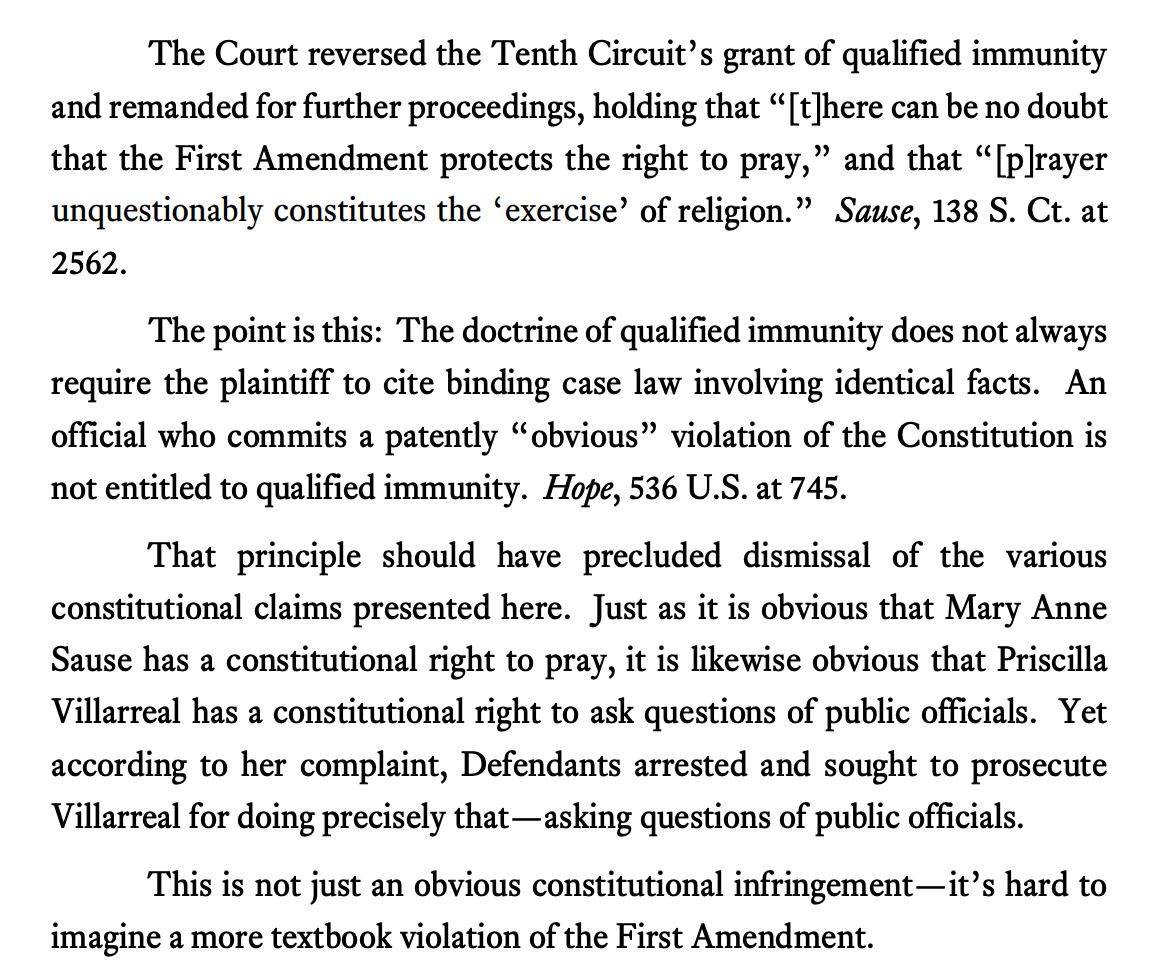
Oral argument video in the Florida Supreme Court in People v Garcia, on compelled decryption and the 5th Amendment, here starting at 1:15. A few thought below…
facebook.com/floridasupreme…
facebook.com/floridasupreme…
This is a compelled password case, not a compelled entry case, but the state has made clear that either is fine: If it can't get compelled disclosure but *can* get compelled entry, the state says, it will just do that next and it's fine with them.
That's potentially important because this case might be the one that goes up to SCOTUS. There are splits on both compelled entry and compelled disclosure, a case that considered both issues together (or at least made clear both issues were practically in play) would be appealing.
If the Court rules for the state, I gather the U.S. Supreme Court couldn't take the case either way, though, as it's not a final order (that likely is what led SCOTUS to deny cert in Andrews from NJ).
On substance, the state's main arg is what it describes as an originalist claim: In 1791, no lock couldn't be broken, and with a warrant it could break in to anything. The state says that the new technology shouldn't change that result, and 5A should be read that way.
Because it has a 4A warrant, the state argues, the 5A shouldn't now interfere. Although the state describes this as an originalist claim, it seems to be more about equilibrium-adjustment.
The state is saying, in effect, "we had that power before, and new technology is changing the facts; the Constitution should be interpreted to maintain the authority we had before the technological change."
Also, many thanks to the Justices for mentioning some of my own work in this area. For those interested, one article that was specifically mentioned was "Decryption Originalism: The Lessons of Burr," which can be read here: harvardlawreview.org/wp-content/upl…
• • •
Missing some Tweet in this thread? You can try to
force a refresh









